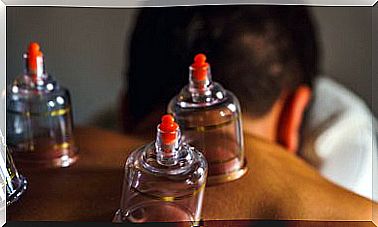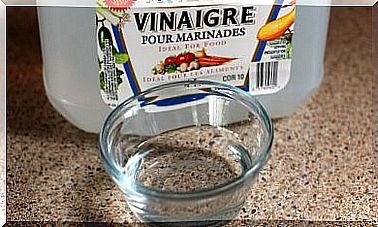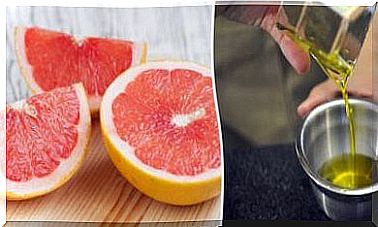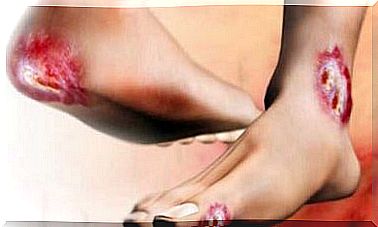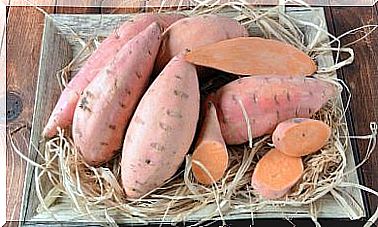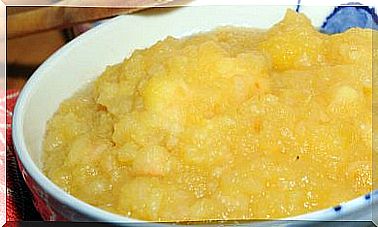Tips To Reduce Salt Intake
It is very important to reduce salt intake, as it can cause damage to health. Making a few small changes in your habits, such as not bringing salt to the table, can help you achieve this.
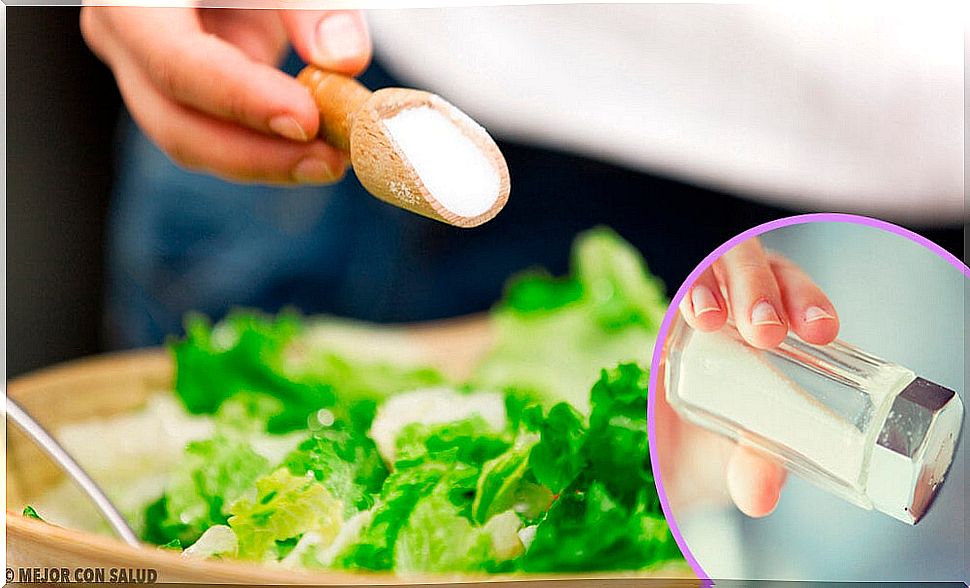
Excess sodium intake is related to high blood pressure, but also to certain cardiovascular and kidney diseases. Therefore, it is very important to reduce your consumption as much as possible. If you do not know very well how to do it, we recommend that you read the following article.
The eating plan affects the body in different ways. Living in a hurry in big cities can lead, for example, to the choice of manufactured or “junk” foods, since there is no time to prepare dinner. You feel identified? Here are some tips to reduce your salt intake.
Salt and eating habits
Many times, we choose foods that contain a lot of fat, sugar or salt because they are more filling, more attractive and easier to get. Thus, we do not consume too many fruits and vegetables; much less, legumes. And, if we meet with colleagues after the office, it is most likely that snacks are consumed to accompany a beer.
The truth is that most of the foods that we buy in the market or that we eat in restaurants, have sodium in amounts higher than recommended. According to a Harvard TH Chan publication , the daily intake should be 1,500 milligrams for men and women aged 14 and over and pregnant women.
This can vary, for example for those who suffer from hypertension, kidney or heart problems, are over 65 years old, or have a family history of heart disease. That does not mean that we should eliminate salt consumption from one day to the next.
Although it may not seem like it, this substance also has its benefits to control water and fluids, transmit nerve impulses and relax muscles. Of course, if it is ingested in its proper measure. Of course, the problem lies in the excesses.
If we exceed the sodium limit allowed per day, the kidneys are the first to be affected, since, according to the aforementioned publication, they are responsible for regulating fluids and ensuring optimal blood flow. In this way, its malfunction can lead to high blood pressure, heart attacks and strokes.
How to reduce salt intake?
No one can deny that this ingredient adds flavor to food. But, it is also true that we become dependent on it and each time we add more to the preparations. Even food that is already salty. Pay attention to the following tips to reduce your consumption.
1. Opt for fresh foods

Raw fruits and vegetables have almost no sodium (and the one they offer is 100% natural). So, when you are very hungry, you can have a fruit or a smoothie without adding sugar. If you feel like eating salty things, cut a carrot into slices and spread it with unsalted skim cheese.
Also, try to try a sauce or cream: hummus , guacamole, etc. Better if you prepare them. This will not only satisfy your appetite or anxiety, but it will also prevent you from adding too much sodium to your body. It will also allow you to reduce the intake of foods that are too greasy.
2. Choose healthy snacks
When it comes to accompanying a beer on a Friday night, it is normal that we choose chips and other salty packaged snacks . They are delicious, but also unhealthy. To reduce your salt intake and not eat them as often, you can opt for healthier alternatives.
Make popcorn and sprinkle very little salt on top. Cut a few slices of bread and add olive oil with some spices before baking. Another option is to prepare brusquettes (toasts) with unsalted cheese, cherry tomatoes and basil.
3. Do not add salt to food
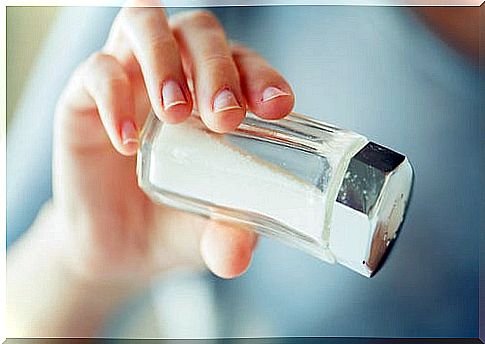
When you are cooking dinner, we recommend that you do not add salt. And, if you do, let it be the bare minimum. At first, the food will seem bland, but you will get used to it later. It takes a bit of time to find flavor in food, but best of all, you will enjoy the “original” taste.
To season the dishes, a good option is to use aromatic herbs such as thyme, oregano, paprika or dill. Of course, you can also take advantage of olive oil, lemon or vinegar. to enhance its flavor.
4. Say no to processed products
We could say that it is the most difficult, if what you want is to reduce the consumption of salt, because these foods are present in every corner. It is not necessary to eradicate them from the diet forever, but to reduce their intake to a minimum and always try to choose those products that indicate “low sodium “.
5. Use another type of salt
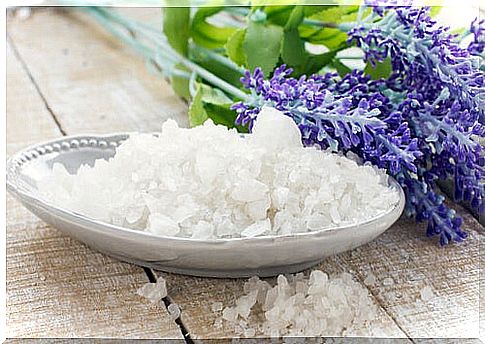
Did you know that sea salt has a stronger flavor and, therefore, makes us consume less? You can also choose low sodium salt. Thus, you can continue to enjoy its flavor and it will not be so bad for your body. Likewise, you should not abuse its use.
6. Do not bring salt to the table
One of the most common habits is to place the salt shaker at our disposal. And, without realizing it, we end up adding salt over and over again to the food. Sometimes, just by seeing it on the table, we think that food should be seasoned. Therefore, it is best to leave it in the kitchen.
We know that it is not easy to completely eliminate something from your diet, but little by little and with constancy, you can have a healthier diet. Follow our advice and it will be a little easier. If you have any questions or a special health condition, it is best to consult a nutritionist to establish the appropriate meal plan.
